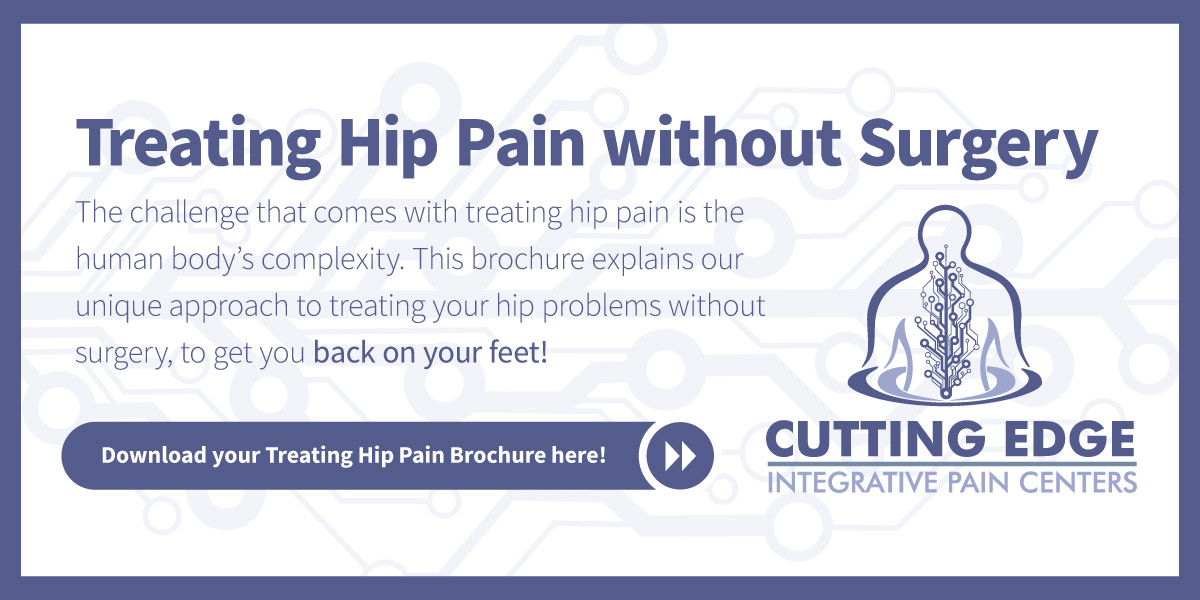Aspirin is one of the most common over-the-counter drugs used to relieve pains and aches, and NSAIDs are medicines that are widely prescribed for the same purpose. However, NSAIDs are not suitable for everyone and can sometimes lead to serious side effects. So, this begs the question: is aspirin an NSAID and does it share similar side effects?
Interested in learning about the Benefits of TMS? Click Here
What is Aspirin Used For?
Aspirin is used for relieving minor aches and pains from headaches, muscle aches, cramps, and more. Many people take aspirin as an anti-inflammatory and a blood thinner. Aspirin can also be used to lower fever, treat or prevent heart attacks, strokes, and chest pains.
Is Aspirin an NSAID?
Yes, Aspirin is a nonsteroidal anti-inflammatory drug (NSAID). Other drugs that you may have used or heard of that are NSAIDs include Mortin (ibuprofen), Advil (ibuprofen), and Aleve (naproxen), which are all available over the counter.
NSAIDs are considered a class of drugs. They work to reduce the number of prostaglandins in your body. Prostaglandins are a natural substance that cells in your body make and release when you are injured. These can cause your body to be inflamed, leading to swelling, fevers, and increased sensitivity to pain. NSAIDs such as aspirin can help your body prevent and relieve these symptoms of injury.
Is Aspirin Safe?
Though aspirin is generally safe when used as directed and available over the counter, there are still side effects that come with it.
Common side effects of aspirin
- nausea
- vomiting
- heartburn
- stomach irritation
- stomach pain
Serious side effects of aspirin but rare
- difficulty breathing
- swelling in your eyes, face, lips, tongue, or throat
- rash
- hives
- fast heartbeat
- hearing loss
- bloody vomit
- bloody stool
According to Healthline, the risk of stomach bleeding is rare for most people, but your risk can increase if you are older than 60 years old, have had a stomach ulcer or bleeding, take an anticoagulant (blood thinner), take other NSAID drugs, take more than recommended, or have three or more alcoholic drinks while taking aspirin.
How Cutting Edge Can Help You
NSAIDs including aspirin can cause serious side effects. With all the risks that come with taking NSAIDs like aspirin, it is understandable that more people are looking for other alternative options to reduce inflammation and manage pain, including acetaminophen (Tylenol), turmeric, fish oil, and much more.
At Cutting Edge, we offer the integrative wellness approach where we utilize noninvasive treatments, a blend of nutritional assessments, muscle treatments, and mind and body assessments to help you get back to your best self.


